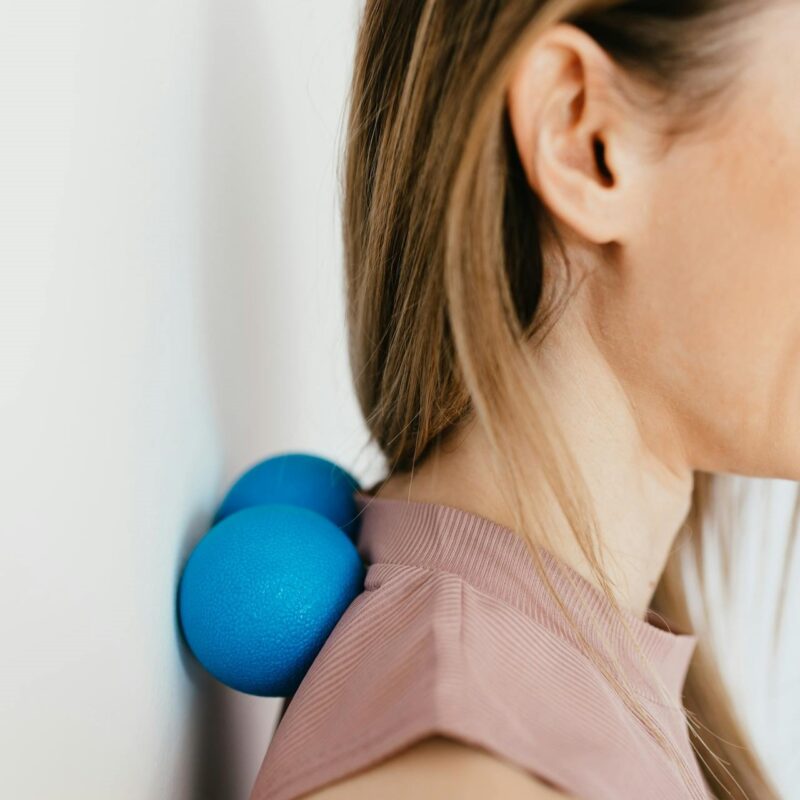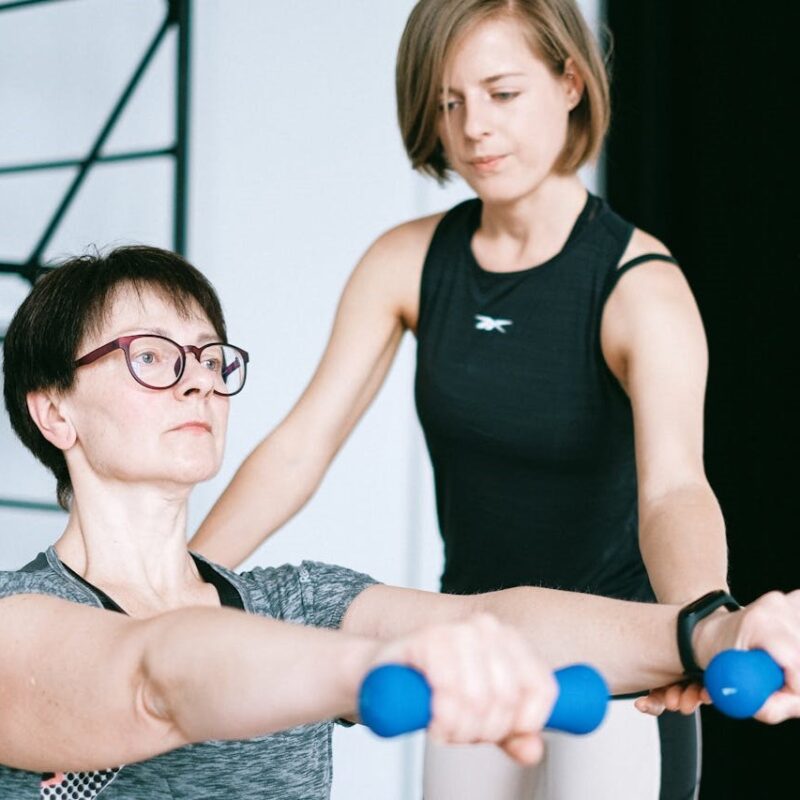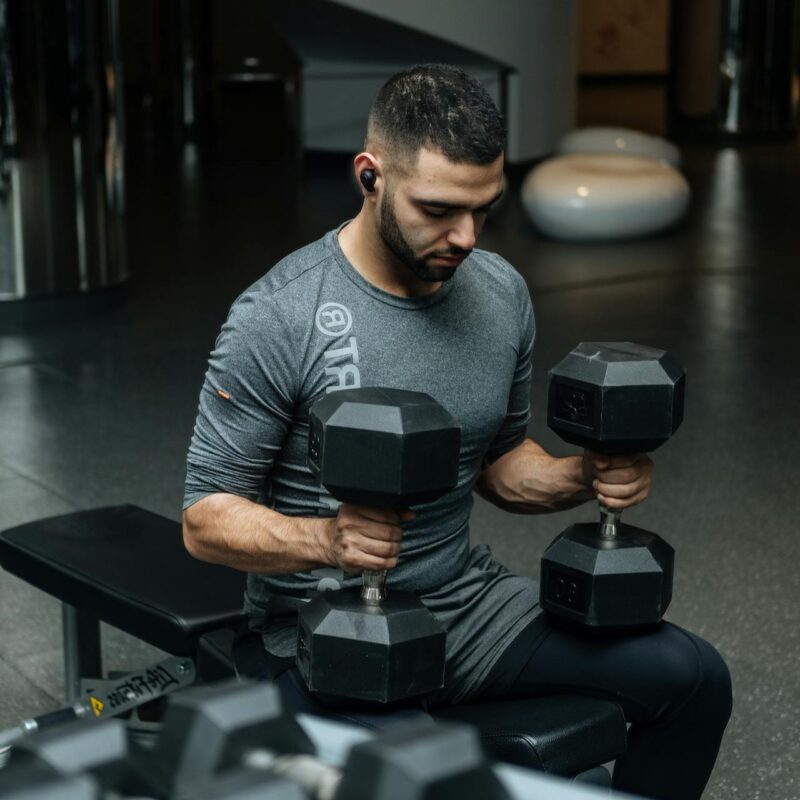
Blog
How To Balance Protein In Your Diet?
With Eid-ul-adha just around the corner, we can’t wait to eat mutton and beef for breakfast, lunch, and dinner. But, as too much protein can be harmful, do you know how to maintain a high-protein diet?
Just because it’s Eid and we have too much meat in the house doesn’t mean we should keep eating it all the time. It’s necessary to balance your protein intake as there are other protein sources as well. Relying on meat all day won’t be beneficial for your health, as we also need carbs and fats to maintain a balanced diet.
As much as meat and protein are necessary for gym enthusiasts, we should also know where to draw the line.
So, let’s get into the details of how to maintain a high-protein diet.
Determine the amount of protein you need
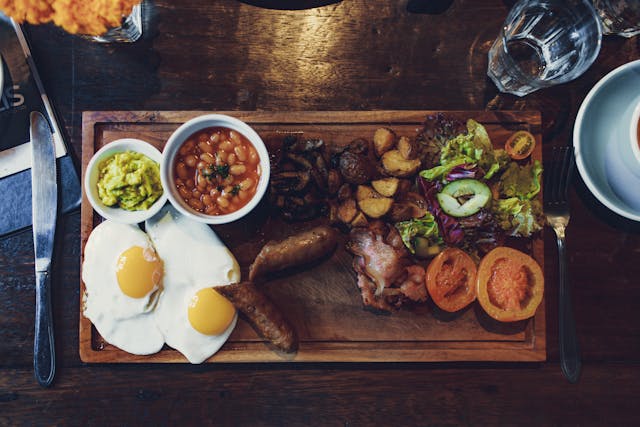
There is no specific amount of protein everyone should consume.
Surprised?
It’s true we’ve always heard about a specific amount of each nutrient for a healthy body.
However, the truth is the amount of protein you need in your diet will actually depend on your weight. Other factors like age, gender, etc., can also play a role.
According to the Dietary Guidelines for Americans, the recommended amount of protein for adults to meet their nutritional requirements is 0.8 grams per kilogram of body weight.
This means that an individual who weighs 100 kg will need 80 grams of protein in their diet.
If you still need more help, you can use an online calculator to determine the required nutrient recommendation.
So, remember that your daily protein intake isn’t a fixed or specific amount. Your needs will vary depending on your weight and other factors.
Eat high-protein foods
Eating high-protein foods will help you make up the requirement of protein in your diet. As much as protein is beneficial for the body, we need to remember that there’s a limit to it, too. Eating too much protein can pose health risks.
Some examples of high-protein foods include:
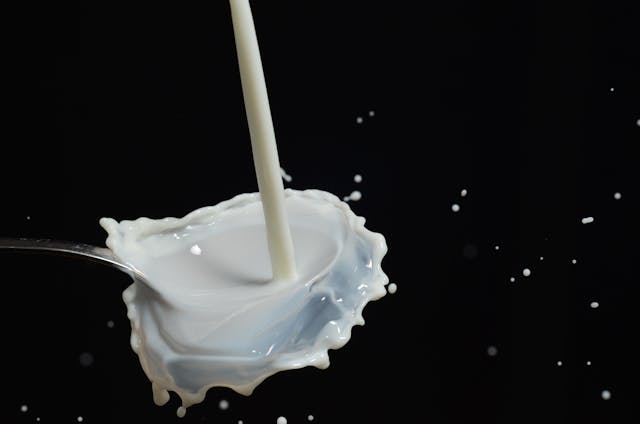
- Dairy products such as milk, yogurt, and cheese. These foods are also high in calcium and other nutrients. However, we need to make sure that such dairy products are also high in fat. While Greek yogurt is a great option, you should also look for low-fat foods to prevent getting extra fat.
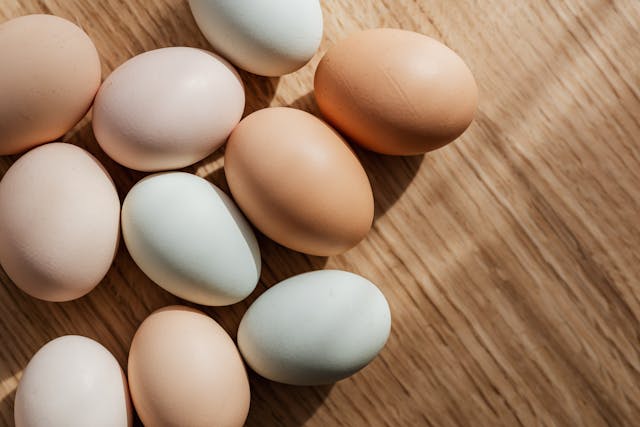
- Eggs are the favorite protein source of gym enthusiasts. This is because eggs contain almost all the essential amino acids.
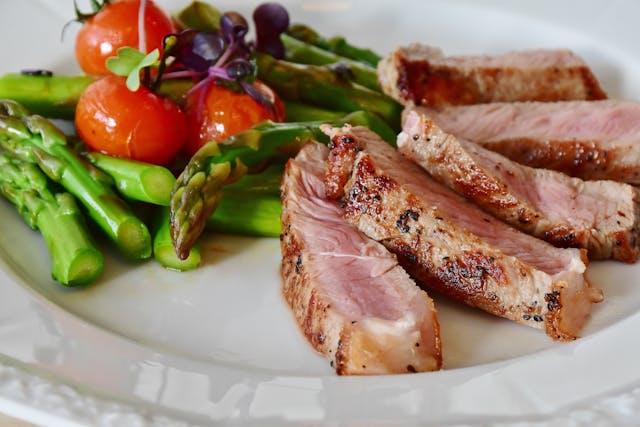
- Lean meat options like chicken, turkey, beef, etc., are great options for protein. This Eid, you can eat plenty of meat to meet the protein requirement in your body. Apart from providing protein, meat is also great for other vitamins like iron, zinc, etc.
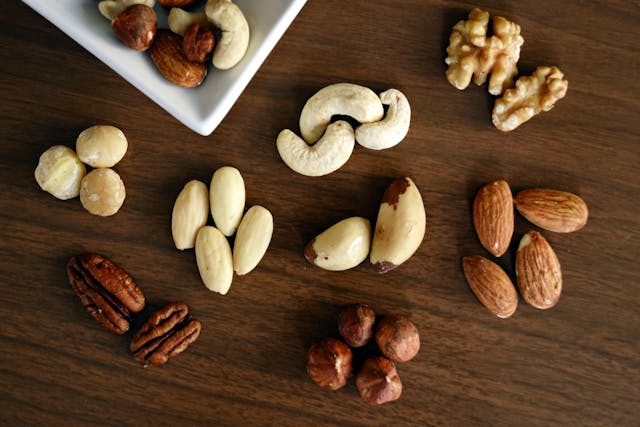
- Nuts and seeds are great options for protein as well. However, they are also high in calories, and you need to maintain a balanced intake of them. These items include hazelnuts, peanuts, walnuts, etc.
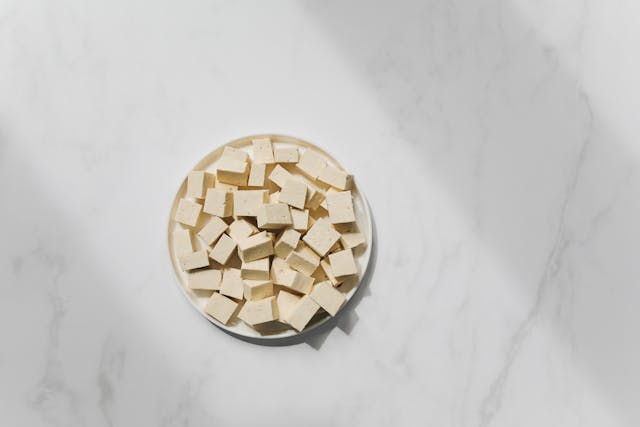
- Soy products are good options for protein for people who don’t like eating meat. Some examples are tofu and tempeh.
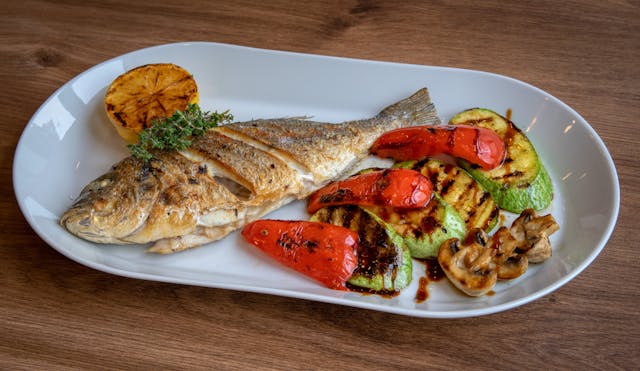
- Fish is also preferred by people who include high-protein items in their diet. Apart from protein, fish also contains omega-3 fatty acids and other vitamins.
Use the right protein source
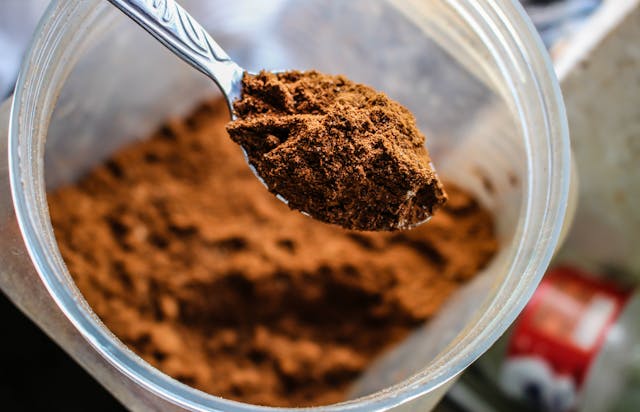
With the right protein source, we mean choosing between natural and artificial protein sources.
The better idea is to rely on natural protein sources first. However, it also means that one protein source should not be your only diet. It’s good to switch between different protein sources to get some additional vitamins and nutrients.
Still, if you need more protein or your nutritional requirement isn’t being fulfilled in your diet, you can switch to other sources like protein powders.
As protein powders are famous for providing energy and building muscles, most gym enthusiasts consume protein shakes for an instant boost of protein.
We recommend opting for natural protein sources first. Protein powder isn’t natural; it’s a dietary supplement. Thus, it should not replace natural foods rich in protein.
Exercise to manage protein
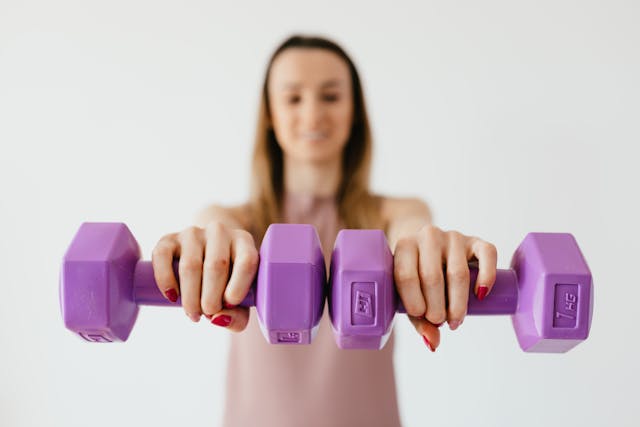
Protein intake is beneficial for people who workout regularly. Our body needs protein for muscle recovery and to provide energy for workouts. So, it’s better to manage your protein intake with regular exercise. After all, nutrition and fitness are interlinked.
We also need to remember that regular exercise is good for a normal routine as well.
Pre and post-workout nutrition is also important.
So, remember to exercise regularly to maintain an active and healthy lifestyle.
Take-away message
When we consider how to maintain a high-protein diet, including protein in your diet is good. However, you need to keep the intake within a limit.
For additional protein lacking in your diet, you can consume protein shakes. Still, it’s better to take protein from natural sources first, as artificial protein cannot replace natural foods.
So, this Eid, eat as much meat as you want, but make sure not to get sick by following these guidelines!


